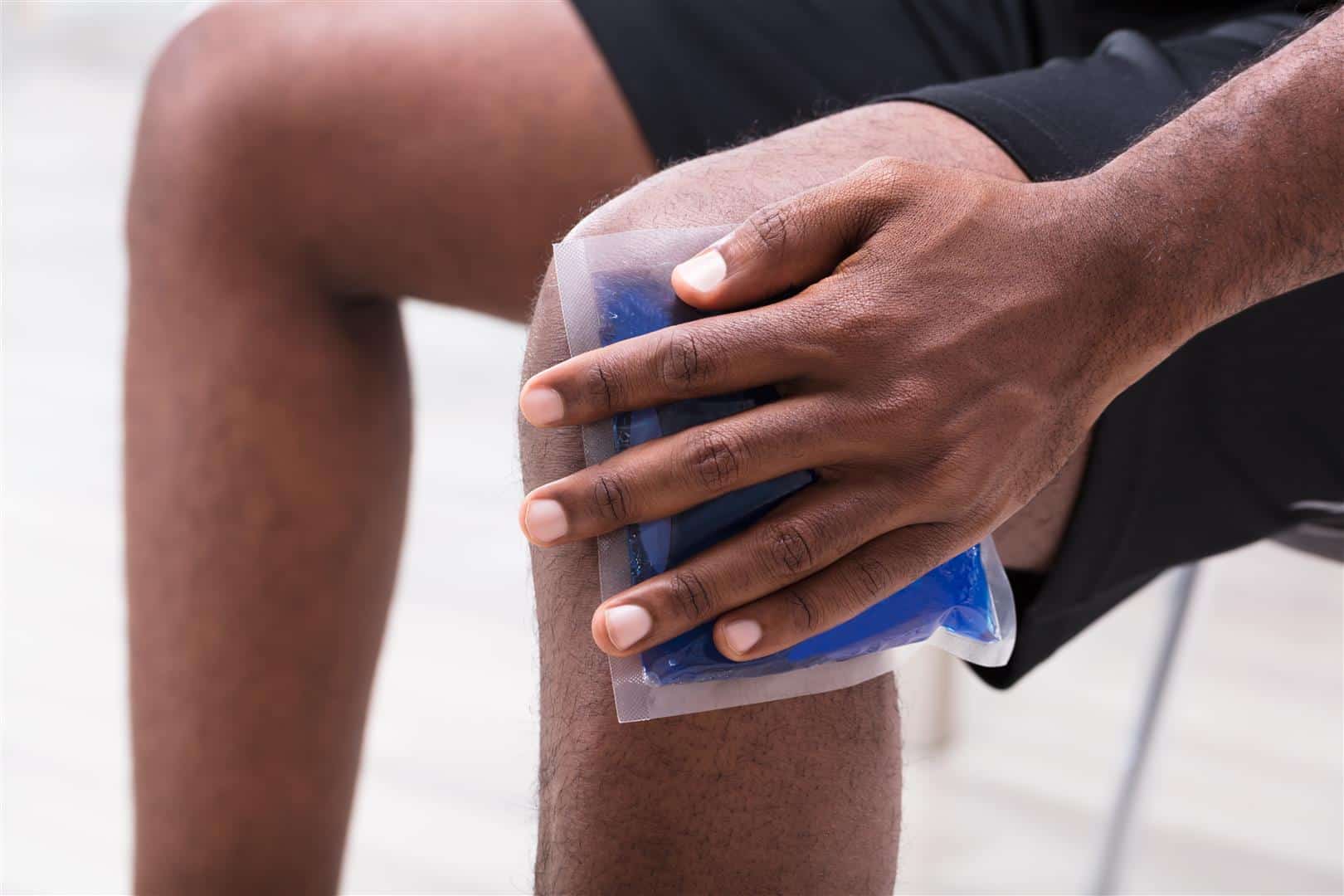
Each day, knee pain affects millions across the United States. Suffering from a knee injury can cause intense pain and severely affect your quality of life, including limiting your ability to go to work, complete basic household tasks, and participate in hobbies or extracurricular activities.
Those who suffer pain as a result of being involved in an accident have a right to be seen by a doctor. If you experience any of the following symptoms after a car accident, you may need to be checked out by the doctor.
- Soreness
- Stiffness
- Limited range of motion
- Bruising
- Discoloration
Common Truck Accident Knee Injuries
Knee injuries caused by a motor vehicle accident can range in severity, and the mechanism of injury can play a role. For example, if you are rear-ended by another vehicle, your knees could be pushed against the steering wheel or under the dashboard. What may start out as soreness, stiffness, and limited range of motion can turn into something more serious. Many times, knee injuries cannot be fully detected without treatment from a specialist or orthopedic doctor and in-depth testing, such as Magnetic Resource Imaging (MRI).
Knee Sprains and Strains
The most common types of knee injuries involve sprains and strains. With these type of truck accident injuries, you may feel pain without having suffered some type of ligament or cartilage tear. In many instances, doctors will prescribe “RICE” – Rest, Ice, Compression, Exercise. Just because your injury is classified as a strain or sprain does not mean you are home free. Knee sprains and strains can still cause discomfort and prevent you from being able to work or partake in hobbies.
Torn Ligaments
The knee has four main ligaments:
- Anterior cruciate ligament (ACL)
- Posterior cruciate ligament (PCL)
- Medical collateral ligament (MCL)
- Lateral collateral ligament (LCL)
These ligaments are tough connective tissue that connect the femur to the tibia. Doctors often grade ligament tears on a scale of 1-3: Grade 1 means mild injury, Grade 2 means a partial tear, and Grade 3 means a complete tear. Sometimes, these injuries can heal with rest or physical therapy, but if you cannot bear any weight, surgery may be needed in order to rebuild strength and stabilization.
Torn Meniscus
Each knee has two discs of connective tissue known as menisci, and they are designed to absorb shock. One’s meniscus can be torn from a trauma involving severe twisting. Common symptoms of a torn meniscus include swelling, stiffness, weakness, instability, or feeling a “click” upon movement. If you are diagnosed with a torn meniscus after an accident via X-ray or MRI testing, your doctor may prescribe physical therapy, strength-building exercises, or possibly arthroscopic surgery.
Fractured Kneecap (Patella)
The patella is commonly known as the kneecap, the bone in front of your knee. If your kneecap strikes the dashboard in an accident, such as a head-on truck accident or crash in which you are rear-ended into another car, you are susceptible to suffering a fracture. This injury can be quite painful, making it difficult to even extend your knee or walk without a significant limp. A stable patellar fracture is a nondisplaced fracture, meaning the pieces of bone remain in touch with each other for the most part. A comminuted fracture involves the bone shattering into three or more pieces. On the other hand, an open fracture can be the most serious, as in this situation the break causes bone fragment to stick out through the skin.
Our Personal Injury Lawyers Are Available to Consult Now
If you suffered a knee injury in a car or truck accident, you can recover compensation for your medical bills, pain, suffering, and lost wages if you can prove the other driver’s liability, also known as negligence. This is a legal theory in which you must prove the truck driver failed to act reasonably under the circumstances, thereby causing your injuries and damages. In an 18-wheeler accident, the trucking company could be held vicariously liable for the driver’s negligence. To speak with a truck accident lawyer today, contact Nahon, Saharovich & Trotz. We can be reached 24/7 by calling 800-529-4004 or completing our online form. Our firm helps accident victims throughout Tennessee, Arkansas, Mississippi, Missouri, Kentucky, and Illinois.
